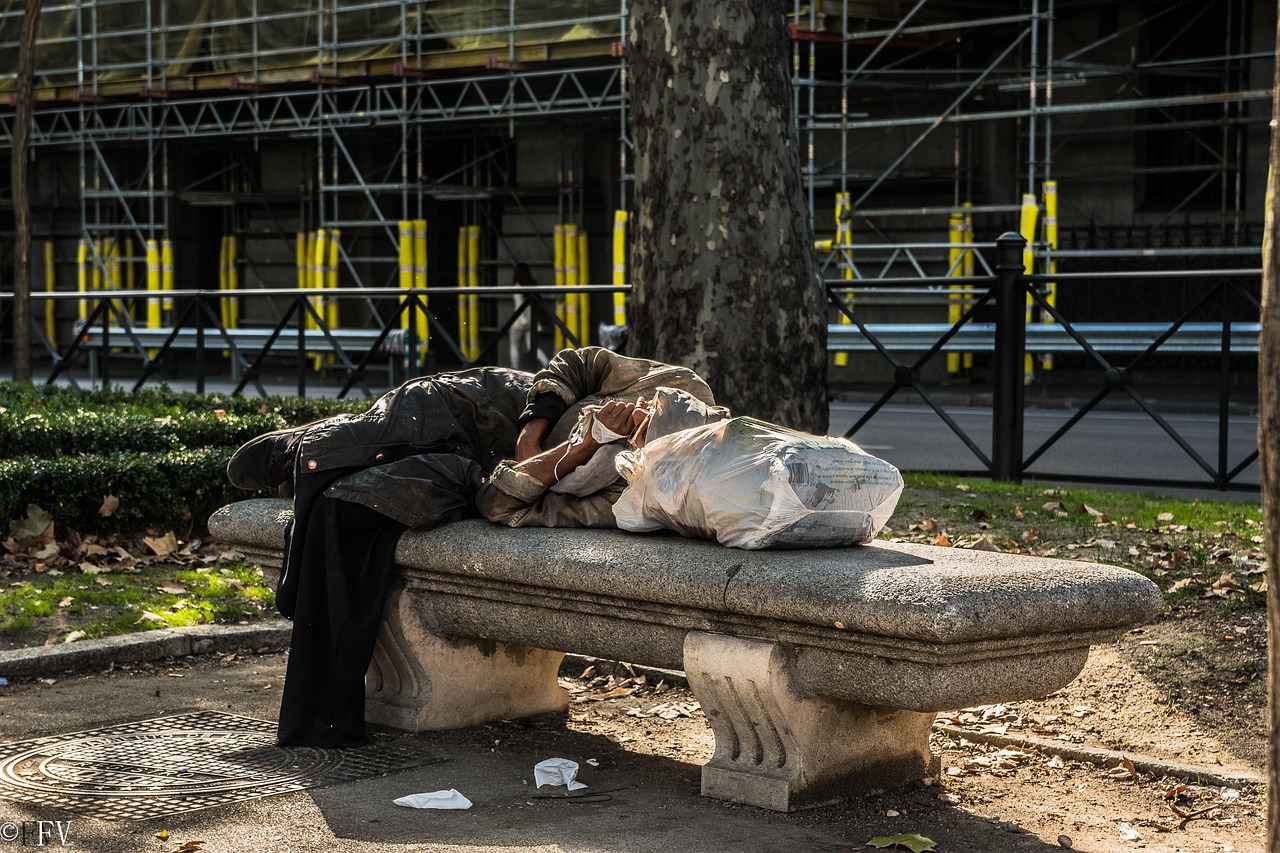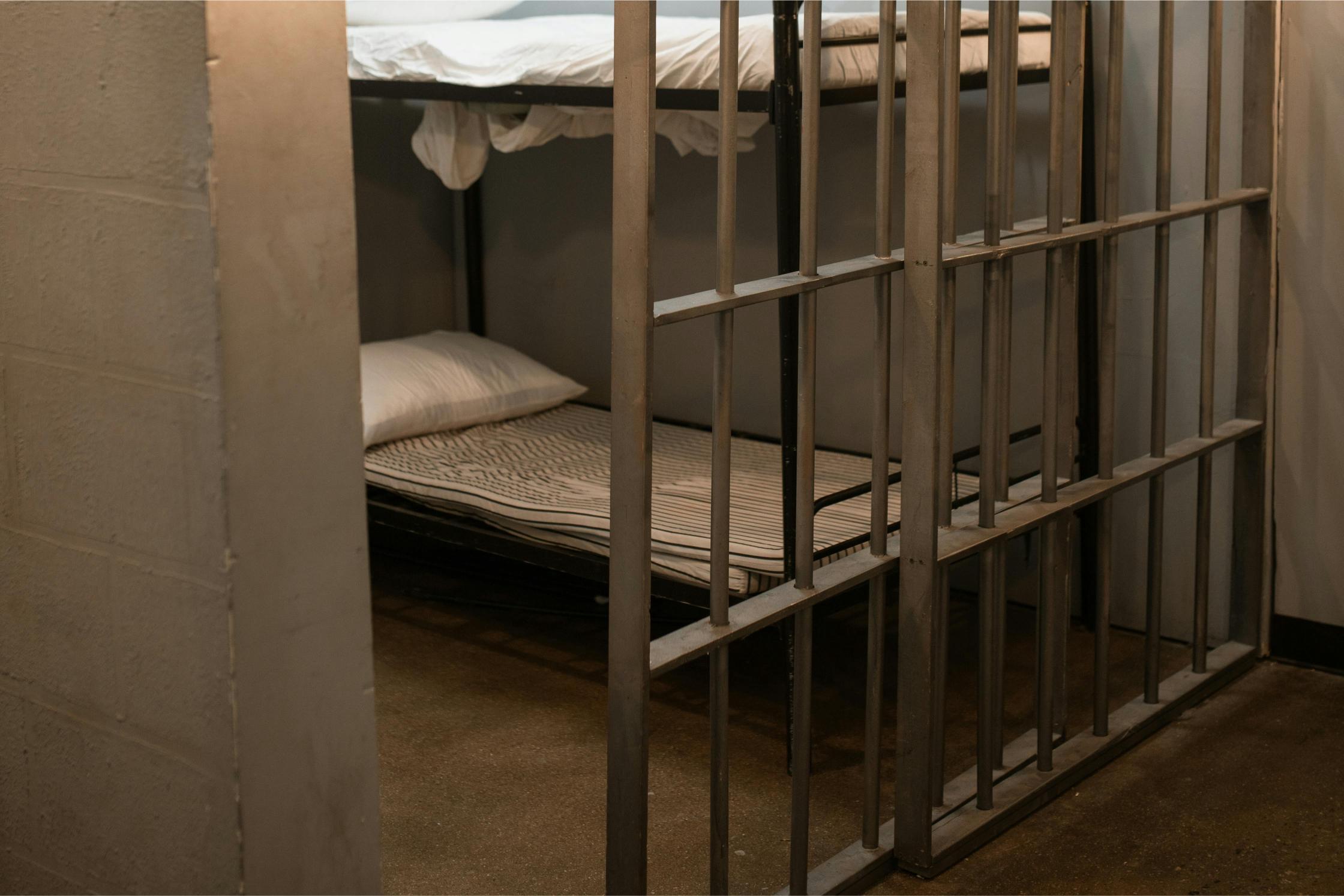our services

VETERANS
Shared housing arrangements offer an innovative and effective solution for veterans seeking affordable accommodation. By combining resources, veterans can greatly lower their individual housing expenses, making it easier to achieve and sustain stable living conditions.
This approach is especially advantageous for those with limited financial means or those transitioning from homelessness. In addition to the financial benefits, shared housing promotes a sense of community and belonging, which is vital for veterans who may experience feelings of isolation or disconnection after their military service.
Residing with others who share similar experiences can provide emotional support and understanding, thereby improving mental health and facilitating social reintegration. Through cooperative living, veterans can establish supportive networks that are crucial for long-term stability and well-being.
HOMELESS
Offering shared housing to homeless individuals is an innovative approach that emphasizes community and collaboration while addressing the complex nature of homelessness. This model provides more than just a roof over one’s head; it creates a supportive environment where individuals can regain stability and self-sufficiency.
In a shared housing setup, residents can benefit from cost-effective living arrangements, as expenses such as utilities, rent, and maintenance are distributed among the group. This financial relief enables individuals to focus on personal development, savings, and long-term goals.


LOW INCOME
Shared housing presents a viable and impactful solution for low-income individuals searching for affordable living arrangements. By sharing costs such as rent, utilities, and other household expenses, residents can significantly reduce their individual financial burdens, making quality housing more accessible to those with limited incomes.
This cost-effective approach not only helps individuals secure a stable living environment but also alleviates financial pressures, freeing up resources for other essential needs such as healthcare, education, and savings without the persistent fear of losing their home
LGBTQ
Shared housing can serve as a vital resource for LGBTQ individuals, providing a safe and inclusive environment where they can live authentically and feel accepted. Many LGBTQ individuals face discrimination and stigma in traditional housing markets, leading to challenges in securing stable and affordable accommodations. Shared housing specifically designed for or inclusive of LGBTQ residents addresses these challenges by creating a community where diversity is celebrated, and residents are supported in their identity.
This inclusive atmosphere reduces the risk of isolation and fosters a sense of belonging, crucial for individuals who may have faced rejection from family or society. Additionally, living in a community with others who share similar experiences can offer emotional support and understanding, bolstering residents’ mental and emotional well-being.


EX-SUBSTANCE ABUSERS
Shared housing provides a supportive and structured environment for ex-substance abusers seeking to rebuild their lives. This type of housing arrangement is particularly beneficial because it offers a stable and sober living situation, crucial for individuals in recovery. Residents in shared housing can benefit from a community of peers who are also committed to maintaining sobriety, which fosters mutual support and accountability.
Living with others who understand the challenges of substance abuse recovery can create a sense of camaraderie and shared purpose, reducing feelings of isolation and stigma. Through daily interactions and shared experiences, residents can develop stronger coping mechanisms and build a network of relationships that support their ongoing recovery journey.
EX-OFFENDERS
Transitional housing plays a pivotal role in the reintegration journey of ex-offenders, serving as a critical bridge between incarceration and independent living. These programs provide a structured and supportive environment where individuals can gradually adjust to life outside of prison. Transitional housing often includes access to essential services such as job training, counseling, and life skills workshops, which are vital for equipping ex-offenders with the tools necessary to navigate societal and personal challenges.
By offering stable and temporary accommodation, transitional housing reduces the immediate risk of homelessness, which is a significant factor for many just released from incarceration. In these environments, residents can focus on building a strong foundation for their future, free from the distractions and pressures that might arise from unstable housing situations.


